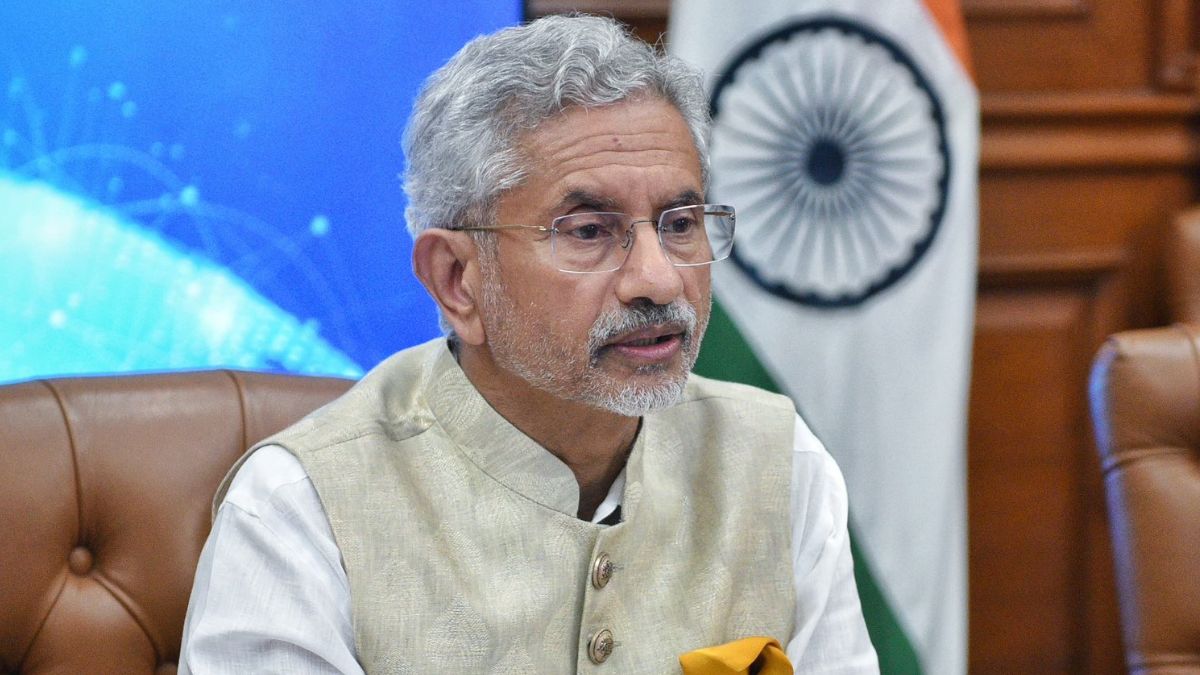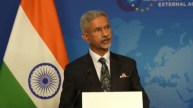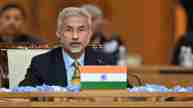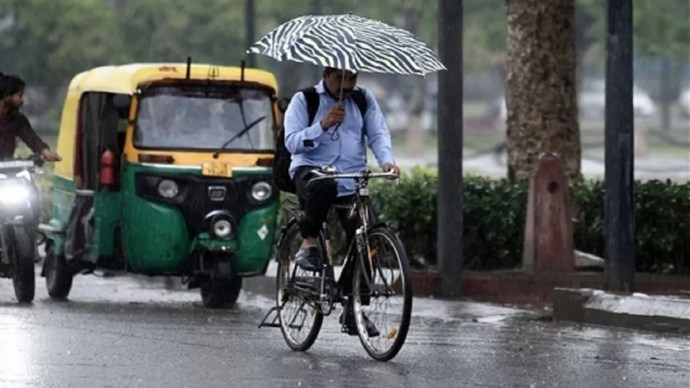External Affairs Minister S Jaishankar on Tuesday stressed the need to stabilise India’s relationship with China by creating a balanced “equilibrium” that is fair to interests of New Delhi. During a conversation with Newsweek, Jaishankar defined India’s strategic approach to navigate its position in the Indo-Pacific amid growing tensions between the US and China. He noted the implications of the competitive nature of US-China relations for India.
What Did S Jaishankar Say?
EAM stated that India acknowledges the dynamics of US-China relationship and evaluates how its own interests can be best advanced within its evolving landscape.
“There are certain realities of the landscape. One of them is that the relationship between the US and China is not what it used to be. That is, it has acquired a much sharper competitive edge… There’ll be an element of tactics to it. There’s a larger strategic view that they have of each other that we would look, quite honestly, to see in what way our interests are furthered in this landscape,” Jaishankar stated.
He further highlighted the need to create an equilibrium in the Indo-China relationship that is fair to India, while working on convergence with the US to maximise benefits. Jaishankar asserted that India wants stable relations with China, as they are also one of the biggest trade partners.
“In many ways we have very strong convergences with the United States. At the same time, we are China’s largest neighbour. We want stable relations with China. They’re a very large trade partner as well, a very imbalanced trade, but still a very large trade account. For how to steady the China relationship, create an equilibrium that is fair to us. At the same time, how do you work the convergences with the United States and get the most out of it that’s frankly the way we would approach it,” EAM Jaishankar added.
Jaishankar also elaborated the significance of the QUAD alliance, while talking about India’s role in the Indo-Pacific. He outlined QUAD’s objectives, which includes maritime safety and security, connectivity, technology, pandemic preparedness, and education, with a focus on creating a stable and prosperous Indo-Pacific region.
“The quad is a very interesting mechanism, partly because it was an international commitment which resurfaced during President Trump’s first administration… It was a new commitment made by the United States under President Trump. There’s been a lot of progress since 2017 when it was restarted and again, it was interesting that the first international meeting of the Trump 2.0 administration started with a quad meeting,” the EAM noted.
“There are a lot of issues that we need to discuss in the Indo-Pacific. Issues about maritime safety and security, issues about connectivity, issues of technology, issues of pandemic preparedness, and issues of education. You have four countries in a way – four corners of the Indo-Pacific – who have decided that they have a shared interest in creating a stable more prosperous Indo Pacific and are willing to work on a very practical basis. It’s a kind of equal arrangement where everybody pays their fair share as you go along,” Jaishankar added.











